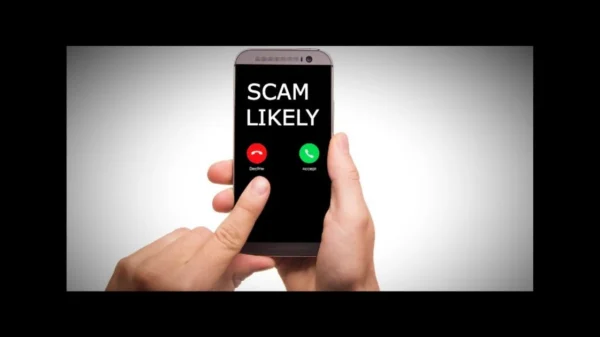With more Floridians working from home due to the coronavirus crisis, state Attorney General Ashley Moody issued a warning on Monday about Zoombombing.
“With more Floridians than ever before working from home and holding virtual meetings, a new trend called Zoombombing is emerging. Zoombombing occurs when hackers hijack internet video conferences, like those offered by the fast-growing platform Zoom. These hackers often present inappropriate, offensive material or otherwise disrupt the conference. It is not a joke, and what is even more concerning is more children are susceptible to this privacy hack as students are now using video conferencing to learn virtually to obey the statewide stay-at-home order issued to stop the spread of COVID-19,” Moody’s office noted.
“To practice social distancing while we continue to operate, my staff and I, like so many other agencies and businesses, are using technology to hold important meetings,” Moody said on Monday. “My son, just like most students in Florida, is also participating in Zoom virtual learning with his teachers and classmates. So, I want Floridians to be aware that these meetings can be hijacked by hackers, but thankfully, there are some steps you can take to increase privacy and prevent Zoombombing.”
Moody offered the following tips to increase privacy and guard against Zoombombing:
- Create separate passwords for each virtual meeting;
- Establish a Zoom waiting room for meeting participants;
- Lock down the meeting once everyone invited to attend has joined; and
- Do not publicly post meeting links on social media or any other public forum.
Zoom also offers privacy settings to provide hosts an additional level of protection. To enable the extra security features, hosts should click on the settings menu, scroll down to “screen sharing,” find “who can share?” Then click on “host only.” Finally, the user should save the changes.
After saving the new preferences, subsequent meetings should enact these enhanced privacy features by default.
Moody’s office noted that it has reached out to Zoom to “learn more about its encryption efforts and other proactive steps the company is taking to better protect its users.”
Reach Kevin Derby at kevin.derby@floridadaily.com.


















